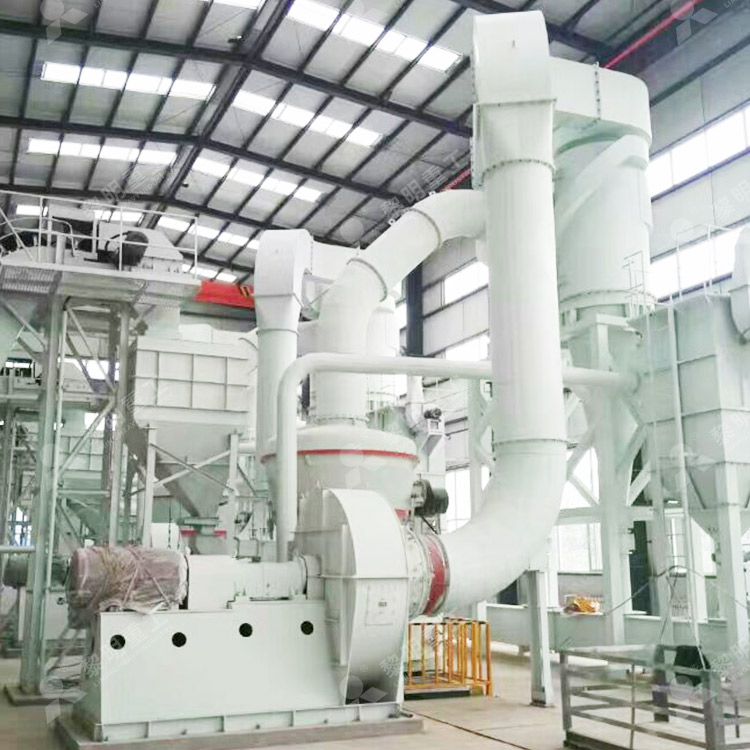How to Choose the Right 200-Mesh Bauxite Grinding Mill? – Key Factors to Consider
Selecting the ideal grinding mill for processing 200-mesh bauxite is crucial for efficiency, cost savings, and product quality. With various options available, how do you pick the best one? Here’s a detailed guide to help you make an informed decision.
1. Determine the Required Fineness (200 Mesh)
Bauxite grinding for industries like refractories, ceramics, or abrasives often demands a 200-mesh (74 microns) fineness. Not all mills can achieve this consistently. Raymond mills, vertical roller mills, and ultrafine grinding mills are the top choices for such precision.
2. Consider Mill Material & Durability
Bauxite is abrasive, so the mill’s grinding rollers and rings must be made of high-wear-resistant alloy steel (e.g., 65Mn or high-chromium cast iron). This ensures long service life and reduces maintenance costs.
3. Energy Efficiency Matters
Electricity consumption is a major operational cost. Variable frequency drives (VFD) and optimized grinding structures can significantly reduce power usage. Compare energy consumption per ton before purchasing.
4. Production Capacity & Stability
Small workshops may only need 0.5-5 tons/hour, while large factories require 10-50+ tons/hour. Raymond mills are cost-effective for medium capacity, while vertical roller mills suit high-output needs with better stability.
5. After-Sales Support & Maintenance
Cheap, low-quality mills may save upfront costs but lead to frequent breakdowns and poor after-sales service. Choose reputable manufacturers offering technical support and spare parts availability.
Recommended Machines:
✔ Raymond Mill – Best for 200-mesh, medium capacity, cost-effective
✔ Vertical Roller Mill – Higher output, lower energy consumption
✔ Ultrafine Grinding Mill – For superfine bauxite powder (325-2500 mesh)





